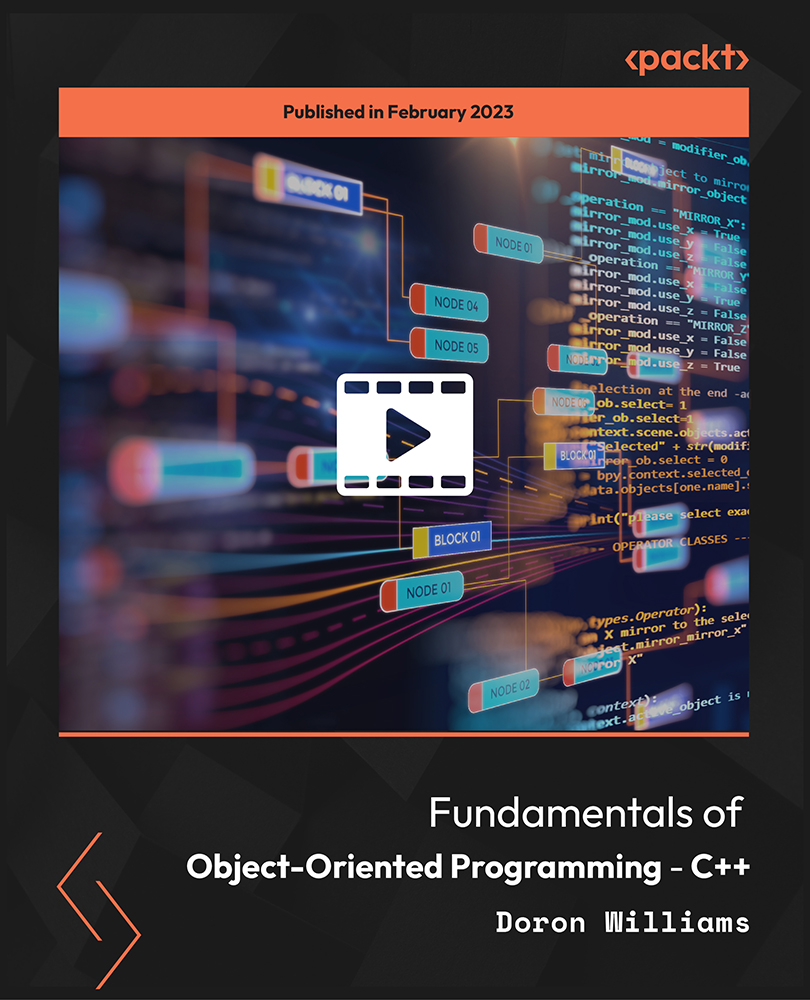On September 24, just after the much-awaited CentOS 8 was released, the Red Hat community in agreement with the CentOS Project announced a new model into the CentOS Linux community called, CentOS Stream.
CentOS Stream is an upstream development platform for ecosystem developers. It is a single, continuous stream of content with updates several times daily, encompassing the latest and greatest from the RHEL codebase. Also, it is like having a view into what the next version of RHEL will look like, available to a much broader community than just a beta or "preview" release.
Chris Wright, Red Hat's CTO, says CentOS Stream is it's "a developer-forward distribution that aims to help community members, Red Hat partners, and others take full advantage of open source innovation within a more stable and predictable Linux ecosystem. It is a parallel distribution to existing CentOS."
In the previous CentOS releases developers would not know beforehand about the releases in RHEL. As the CentOS Stream project sits between the Fedora Project and RHEL in the RHEL Development process, it will provide a "rolling preview" of future RHEL kernels and features. This enables developers to stay one or two steps ahead of what’s coming in RHEL.
“CentOS Stream is parallel to existing CentOS builds; this means that nothing changes for current users of CentOS Linux and services, even those that begin to explore the newly-released CentOS 8. We encourage interested users that want to be more tightly involved in driving the future of enterprise Linux, however, to transition to CentOS Stream as the new "pace-setting" distribution,” The Red Hat blog states.
CentOS Stream is part of Red Hat’s broader focus to engage with communities and developers in a way that better aligns with the modern IT world.
A user on Hacker News commented, “I like it, at least in theory. I develop some industrial software that runs on RHEL so being able to run somewhat similar distribution on my machine would be convenient. I tried running CentOS but it was too frustrating and limiting to deal with all the outdated packages on a dev machine. I suppose it will also be good for devs who just like the RHEL environment but don't need a super stable, outdated packages.”
Another user commented, “I wonder what future Fedora will have if this new CentOS Stream will be stable enough for developer daily driver. 6 month release cycle of Fedora always felt awkwardly in-between, not having the stability of lts nor the continuity of rolling. I guess lot depends on details on how the packages flow to CentOS Stream, do they come from released Fedora versions or rawhide etc.”
To know more about CentOS Stream in detail, read Red Hat’s official blog post.
After RHEL 8 release, users awaiting the release of CentOS 8
After Red Hat, Homebrew removes MongoDB from core formulas due to its Server Side license adoption
Red Hat announces the general availability of Red Hat OpenShift Service Mesh
Introducing ESPRESSO, an open-source, PyTorch based, end-to-end neural automatic speech recognition (ASR) toolkit for distributed training across GPUs
.NET Core 3.0 is now available with C# 8, F# 4.7, ASP.NET Core 3.0 and general availability of EF Core 3.0 and EF 6.3
Unlock access to the largest independent learning library in Tech for FREE!
Get unlimited access to 7500+ expert-authored eBooks and video courses covering every tech area you can think of.
Renews at $19.99/month. Cancel anytime
 United States
United States
 Great Britain
Great Britain
 India
India
 Germany
Germany
 France
France
 Canada
Canada
 Russia
Russia
 Spain
Spain
 Brazil
Brazil
 Australia
Australia
 Singapore
Singapore
 Canary Islands
Canary Islands
 Hungary
Hungary
 Ukraine
Ukraine
 Luxembourg
Luxembourg
 Estonia
Estonia
 Lithuania
Lithuania
 South Korea
South Korea
 Turkey
Turkey
 Switzerland
Switzerland
 Colombia
Colombia
 Taiwan
Taiwan
 Chile
Chile
 Norway
Norway
 Ecuador
Ecuador
 Indonesia
Indonesia
 New Zealand
New Zealand
 Cyprus
Cyprus
 Denmark
Denmark
 Finland
Finland
 Poland
Poland
 Malta
Malta
 Czechia
Czechia
 Austria
Austria
 Sweden
Sweden
 Italy
Italy
 Egypt
Egypt
 Belgium
Belgium
 Portugal
Portugal
 Slovenia
Slovenia
 Ireland
Ireland
 Romania
Romania
 Greece
Greece
 Argentina
Argentina
 Netherlands
Netherlands
 Bulgaria
Bulgaria
 Latvia
Latvia
 South Africa
South Africa
 Malaysia
Malaysia
 Japan
Japan
 Slovakia
Slovakia
 Philippines
Philippines
 Mexico
Mexico
 Thailand
Thailand














